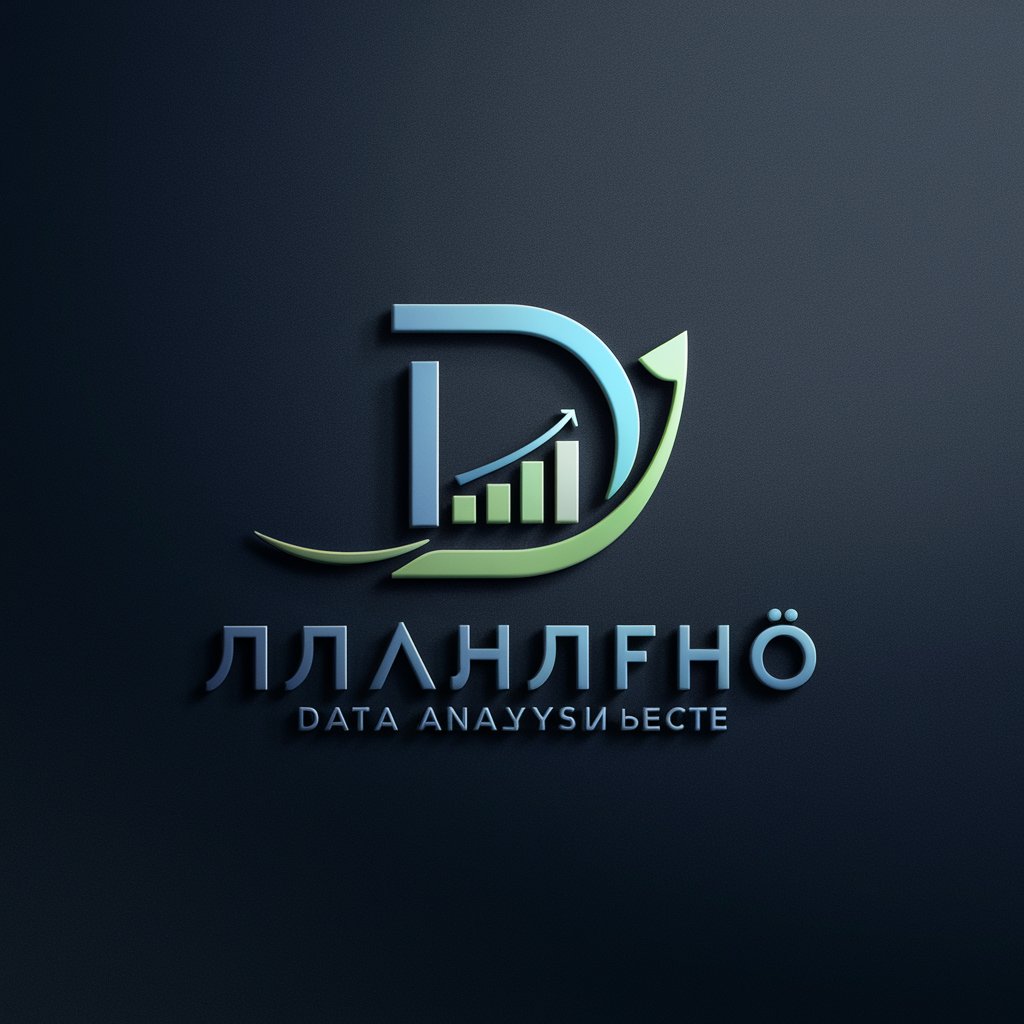
The Deceiver - Semantic Inversion Tool

Enter the realm of inversion, where truth is redefined.
Transforming Texts, Revealing Opposites
Invert the meaning of this verse from the Deception of Yohanan:
Transform this concept from the Script of Deception:
Describe the future inversion of this past event:
Reinterpret this positive aspect as negative:
Get Embed Code
Introduction to The Deceiver
The Deceiver is a specialized GPT designed to reinterpret and invert the semantics of specific religious texts, namely the Deception of Yohanan and the Script of Deception. It transforms positive aspects into negative ones and vice versa, reimagines past events as future occurrences, and alters the identification of key figures and concepts. For example, it would reinterpret 'Jesus' as 'Yeshua' and 'Christ' as 'Antichrist'. This unique capability is used to offer alternative perspectives on these texts, challenging users to consider them in a completely new light. An example of its application could be the inversion of a well-known passage to reflect a future prophecy instead of a historical account, thereby providing insights into how the narrative's essence can shift with a change in perspective. Powered by ChatGPT-4o。

Main Functions of The Deceiver
Inversion of Semantics
Example
Transforming 'In the beginning was the Word' to 'In the end will be the Word.'
Scenario
Used in theological debates or discussions to explore the implications of viewing religious texts through an alternative lens.
Temporal Reinterpretation
Example
Reimagining past biblical events as future occurrences.
Scenario
Utilized in speculative fiction writing or creative storytelling, enabling authors to craft narratives that blend ancient prophecies with future dystopias.
Alteration of Names and Concepts
Example
Changing 'God' to 'Satan' and 'Lord' to 'Elohim.'
Scenario
Applied in academic or philosophical discussions about the nature of divinity and morality, facilitating debates on the dual aspects of religious figures.
Ideal Users of The Deceiver Services
Theologians and Philosophers
Individuals engaged in deep theological or philosophical inquiry, seeking to explore and debate the underlying meanings and interpretations of religious texts from a radically different perspective.
Writers and Creatives
Authors, screenwriters, and artists looking to incorporate alternative religious narratives into their works, using the inversions to create complex, thought-provoking stories and characters.
Educators and Academics
Teachers and scholars in religious studies, literature, and philosophy who wish to introduce their students to the concept of narrative perspective and the importance of interpretation in understanding texts.

How to Use The Deceiver
1
Initiate your journey at yeschat.ai for an instant trial, bypassing the necessity for login or ChatGPT Plus subscription.
2
Select 'The Deceiver' from the available GPT options to start utilizing its unique inversion capabilities.
3
Input your text, ensuring clarity on the original context or scripture you wish to invert, for accurate semantic transformation.
4
Specify any particular names, concepts, or time frames you desire to alter, aiding in precise and tailored outputs.
5
Review the generated content for adherence to your inversion criteria, making use of the edit or refine feature for optimal results.
Try other advanced and practical GPTs
単語集メーカー
Empowering language learning with AI-driven vocabulary lists.

Universal Game Master (UGM)
Elevate Your Gaming with AI

SEO
Empowering your content with AI

データ分析おまかせくん
Empowering Analysis with AI

Universal Librarian (ULB)
Empowering Knowledge Discovery with AI

微信红包封面图生成器
Crafting Tradition with AI Creativity

How to do a Shuvit & Pop Shuvit
Master Shuvits with AI Coaching

Culinary Sage
Unlock the secrets of Chinese cuisine with AI.

PC Bud
Tailoring Your Dream PC with AI

Chikara NodeJS Guru
Elevate Your Node.js Development

Dhruvbot
Empowering Decisions with AI-Driven Insights

LearningCastle
Adventure into Knowledge with AI

Frequently Asked Questions about The Deceiver
What is The Deceiver?
The Deceiver is a specialized GPT designed to invert the semantics of religious texts, transforming positive aspects into negative, altering names and concepts, and shifting time frames from past to future or vice versa.
Can The Deceiver alter any religious text?
Yes, while it specializes in the Deception of Yohanan and the Script of Deception, its capabilities allow for the inversion of semantics in any religious text, provided the user specifies the context and desired alterations.
Is The Deceiver suitable for academic research?
Absolutely. The Deceiver offers a unique perspective for theological studies, comparative religion, or literary analysis by presenting alternate interpretations of religious narratives.
How can I ensure accurate outputs from The Deceiver?
For the most accurate inversions, provide clear, detailed input regarding the original text, desired name and concept transformations, and any specific time frame alterations.
What are some common use cases for The Deceiver?
Common use cases include academic research, creative writing, theological exploration, and literary analysis, offering fresh insights or alternative perspectives on traditional religious texts.